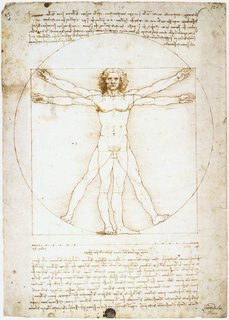
One Giant Leap For Mankind (backwards)
Reuters reported today(Reuters) how the debate over the teaching of the "Intellegent Design" that has some scientists warning that this trend threatens achedemics and science.
"Among the most significant forces is the rising tide of anti-science sentiment that seems to have its nucleus in Washington but which extends throughout the nation," said Philip Pizzo, Dean of the Stanford University School of Medicine.
Hunter Rawlings, acting President of Cornell University , speaking about the challenge to science represented by "intelligent design" which holds that the theory of evolution accepted by the vast majority of scientists is fatally flawed, said, "When ideological division replaces informed exchange, dogma is the result and education suffers." Rawlings also said that the dispute was widening political, social, religious and philosophical rifts in U.S. society.
Also, Entrepreneur wrote in its November 2005 issue,(Entrepreneur Article) that only 6% of American undergraduate degrees were in natural sciences or engineering. Furthermore, only 29% of the papers presented in the top physics journals were by American scientists.
American teens ranked 24th of 29 in basic math skills.
The United States is losing its innovative edge. We are regressing technologically by leaps and bounds.
It is to our shame if we allow this to continue. We put men on the Moon and brought them back alive with technology that pales by today's standards, using computers that can not compete with today's video games.
This must be remedied.
We should all work together to fund and support education and the sciences. Let us halt this great backward leap.








